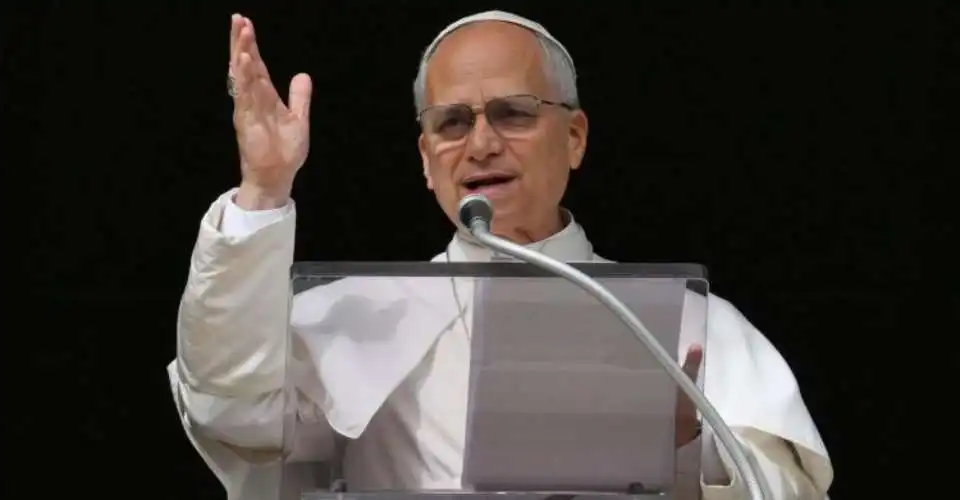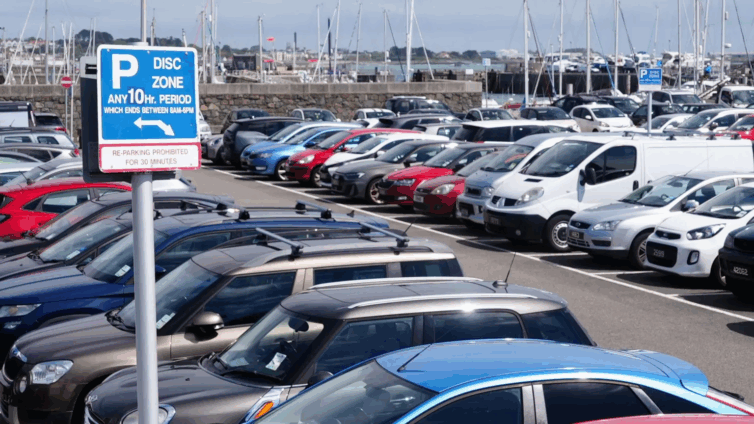The Director of Environment at the Ministry of Environment, Science, Technology and Innovation, Dr. Peter Dery, says negotiating countries, including Ghana, are pushing for increased climate pledges and financial inflows beyond last year’s USD 250 billion, as the global adaptation financing gap continues to widen.
Dr. Dery explained that the most pressing concern remains how to bridge the USD 1.3 trillion adaptation gap identified in the latest UNEP Adaptation Gap Report. He said discussions toward closing this gap are still underway.
According to him, although developed countries pledged USD 250 billion at last year’s summit in Baku, Azerbaijan, the amount falls far short of what developing nations need to respond effectively to climate impacts.
“The main issue has been how to bridge the USD 1.3 trillion gap for developing countries, as highlighted in the Adaptation Gap Report by UNEP. Discussions on this are still ongoing.
“As you may recall, last year in Azerbaijan, there were pledges amounting to USD 250 billion. If you subtract 250 billion from the 1.3 trillion, you will realize that there is still a very huge gap. This is why developing countries, including Ghana and Africa as a whole, are pushing strongly for increased pledges and increased financial inflows beyond the 250 billion that was committed last year in Baku, Azerbaijan. That is one of the key areas under negotiation.”
He added that although developed countries are showing reluctance “perhaps for some obvious reasons” African negotiators remain firm in making their case.
According to him, Africa is seeking recognition under special circumstances, citing the continent’s minimal contribution to global emissions compared to the severity of its climate vulnerability.
“Of course, developed countries have shown some reluctance, perhaps for obvious reasons. However, what is important for us is to clearly establish our case. Africa is also pushing to be recognized under special circumstances. Why are we making this argument?
“Africa contributes only about 4% of global emissions, yet we suffer the greatest impact of climate change. If as a continent we emit just 4%, why must we bear the brunt of the crisis?”
He stressed that while all developing countries require support, Africa’s unique situation makes it deserving of special attention in climate financing arrangements.
“This is why we are saying that while we acknowledge that all developing countries need support, Africa’s situation is unique and deserves special consideration.”
Source: Elvisanokyenews.com






Leave a Reply